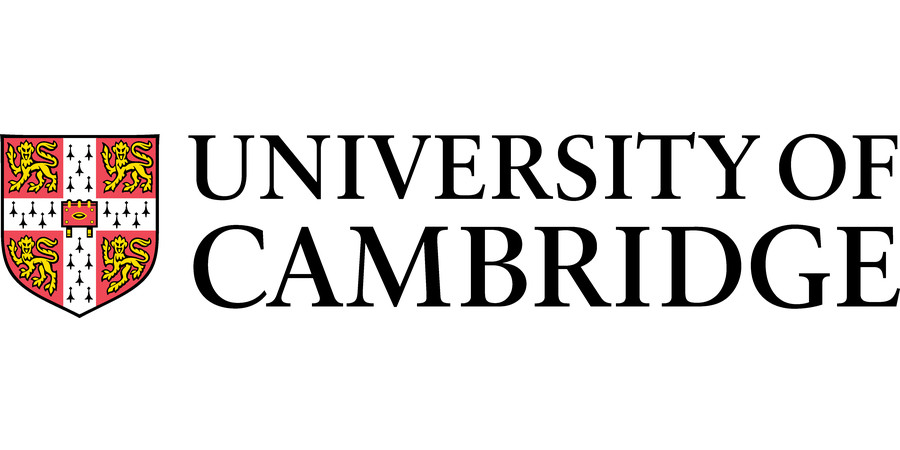PhD Studentship: Investigating the Causes and Consequences of R-loop Dysregulation in Cancer
University of Cambridge - Cancer Research UK - Cambridge Institute (CRUK CI)
| Qualification Type: | PhD |
|---|---|
| Location: | Cambridge |
| Funding for: | UK Students, EU Students, International Students |
| Funding amount: | See advert for details |
| Hours: | Full Time |
| Placed On: | 25th February 2025 |
|---|---|
| Closes: | 24th March 2025 |
Supervisor: Dr Magdalena Crossley
Department/location: Cancer Research UK Cambridge Institute (CRUK CI)
Deadline for application: 24th March 2025
Course start date: 1st October 2025
Overview
Dr Magdalena Crossley wishes to recruit a PhD student to work on the project entitled: ‘Investigating the causes and consequences of R-loop dysregulation in cancer’.
For further information about the Crossley group, please visit our website at: https://www.cruk.cam.ac.uk/research-groups/crossley-group/
Project details
RNA-DNA hybrid structures, including R-loops, form on the genome and have physiological roles in regulating gene expression. However, dysregulation of R-loops can threaten genome maintenance and has been linked to cancer, neurodegeneration and autoimmunity. We investigate, at the molecular level, how R-loops and RNA-DNA hybrids become pathological, impacting genome stability and innate immunity.
We recently discovered that dysregulation of R-loop metabolism by cancer-associated mutations leads to the excision of R-loops. Excised RNA-DNA hybrids are exported from the nucleus and build up in the cytoplasm of cells, activating an innate immune response (Crossley et al., Nature 2023). We developed new biochemical, genomics and imaging approaches to study RNA-DNA hybrids across different cellular compartments. PhD projects are expected to gain mechanistic and translational insights into this novel and fascinating population of nucleic acids. Projects will be tailored to the successful individual(s) based on interests and previous experience, incorporating one or more of the following areas:
- Genome biology and cellular dynamics of RNA-DNA hybrids, eg their biogenesis from oncogene activation, retroelements and mitochondria.
- RNA-DNA hybrids in innate immunity and cellular responses, eg senescence.
- Extracellular RNA-DNA hybrid release.
- Developing genomics and computational approaches for interrogation of RNA-DNA hybrids in cells and patient samples.
Your project will explore the role of RNA-DNA hybrids in human cells, with the aim to translate our mechanistic findings into patient samples and inform new therapeutic entry points.
You can expect to develop innovative skills in both experimental and computational approaches, benefit from close mentoring, and have an opportunity to shape the scientific direction of a new research group.
Further reading
- Crossley M. P., et al. Nature (2023). doi: 10.1038/s41586-024-07064-1
- Crossley M. P., et al. JCB (2021). doi: 10.1083/jcb.202101092
- Crossley M. P., et al. NAR (2020). doi: 10.1093/nar/gkaa500
- Crossley M. P., et al. Mol. Cell (2019). doi: 10.1016/j.molcel.2019.01.024
Preferred skills/knowledge
We are looking for candidates with excellent laboratory and/or computational skills, a strong background in biochemistry, molecular biology, genomics or computational biology/bioinformatics, as well as a keen interest in RNA/genome biology. Successful candidates are expected to have excellent communication, organisational and time-management skills, an inquisitive mind, and be highly motivated to drive an independent research project.
Funding
This four-year studentship is funded by Cancer Research UK Cambridge Institute. It includes full funding for University fees and a stipend currently of £21,000 per annum for four years.
Eligibility
We welcome applications from both UK and overseas students.
Applications are invited from recent graduates or final-year undergraduates who hold or expect to gain a First/Upper Second Class degree (or equivalent) in a relevant subject from any recognised university worldwide.
How to apply
Please apply via the University Applicant Portal at: https://www.postgraduate.study.cam.ac.uk/courses/directory/cvcrpdmsc
You should select to commence study in Michaelmas Term 2025 (October 2025).
Deadline
The closing date is 24th March 2025 with interviews expected to take place in April/May 2025.
Advert information
Type / Role:
Subject Area(s):
Location(s):









